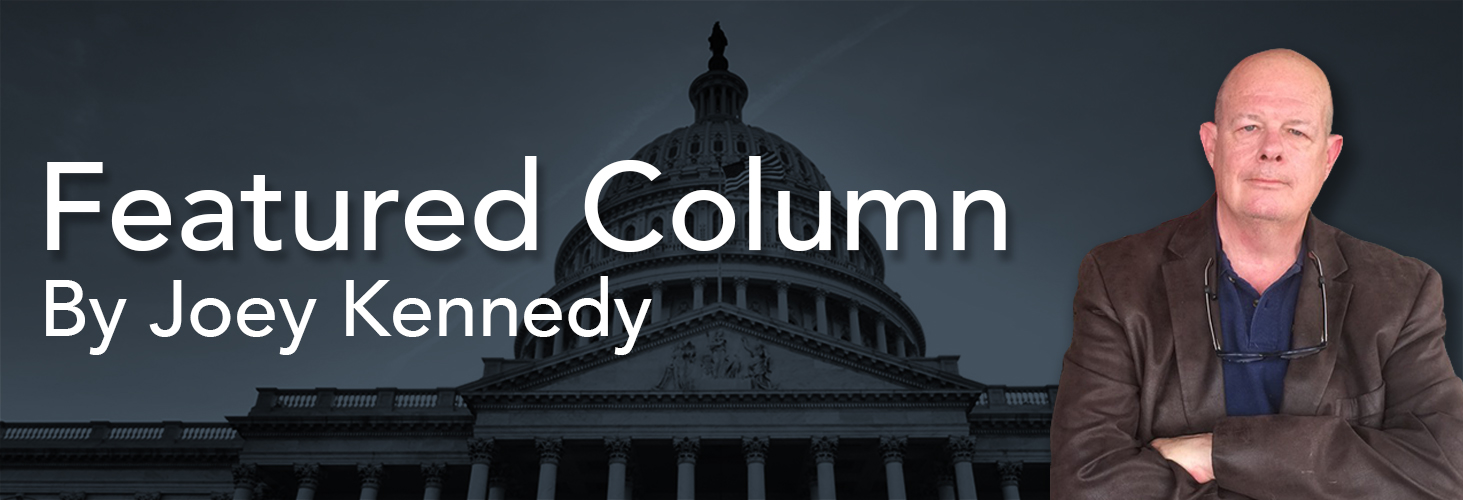By Joey Kennedy
Alabama Political Reporter
OPELIKA – Evidence.
In opening statements by the state and defense in the corruption trial of Alabama Speaker of the House Mike Hubbard (R-Auburn), that’s the word that was probably heard most often.
Matt Hart, deputy attorney general for the AG’s Special Prosecution’s Division, opened for the prosecution. Hart was organized and deliberate — and he kept it simple for the jury of 16 men and women (four of the jurors are alternates).
Former Attorney General Bill Baxley opened for Hubbard’s defense, and appeared unprepared, at one point showing the jury a napkin he’d jotted some notes on. But some courtroom observers said that was simply Baxley’s shtick. Appearing unprepared in Circuit Judge Jacob Walker III’s courtroom at the Lee County Justice Center may have been Baxley’s plan, as he had earlier asked for a delay in the trial to better prepare.
In any event, both Hart and Baxley said the evidence would go their way. Regardless of Baxley’s so-called “shtick,” the evidence will indeed decide Hubbard’s fate in the 23 counts of corruption against him. That’s as it should be.
From where I was sitting, the facts, if proved, are definitely on the state’s side. Hart opened with a civics lesson for the jury, detailing just how state government works.
“Bring your common sense with you,” Hart told the jurors. “Use your own experience.” Hart operated with slick graphics but, again, kept them simple, as he led the jury through the 23 charges against Hubbard. The prosecutor divided the 23 counts into four sections that should have been easily digestible by the jury: Directing Republican Party money to Hubbard’s personal business; using Hubbard’s power as Speaker to benefit his consulting business; soliciting investments from lobbyists and principals (illegal under the ethics law); and soliciting things of value from lobbyists and principals. It was a smart presentation.
Hart’s main thrust: Hubbard sent money (lots of it) to his businesses; Hubbard got things of value because he is Speaker; and Hubbard asked people he was not allowed to ask for money and took items he was not allowed to take.
Baxley, however, said the evidence would clear Hubbard. While the Speaker may have been “pushy,” or even “greedy,” Baxley said, “there was no crime.” Instead of flashy graphics, Baxley used a big pad of paper on an easel and wrote with a Sharpie. (That’s so last century.) Baxley described several of the counts as mumbo-jumbo, gobbledygook, and “unintelligible.” Baxley forgot some names of the people involved, the companies Hubbard has investments in and some of the organizations that paid him many thousands of dollars in consulting fees. Several times, Baxley asked the other defense lawyers surrounding Hubbard at the defense table for information.
“We are anxious, anxious for you to hear the evidence come from that stand,” Baxley said, pointing toward the witness stand. “Why is this man (Hubbard) being charged and his family going through that?”
On the opening day of this trial, which could stretch three weeks or more, the prosecution seemed to have scored the most points. Baxley even brought up that Hubbard didn’t take taxpayer dollars, something the Speaker isn’t accused of. That red herring may have been thrown out to confuse the jury and, said one of my lawyer friends, introduce a measure of “reasonable doubt.”
The evidence should tell. Maybe Baxley just doesn’t have a whole lot to work with. With more than 1,500 items of evidence, maybe Hart and the state hold the cards. We will see over the next few weeks.
Joey Kennedy, a Pulitzer Prize winner, writes a column every week for Alabama Political Reporter. Email: joeykennedy@me.com.














































